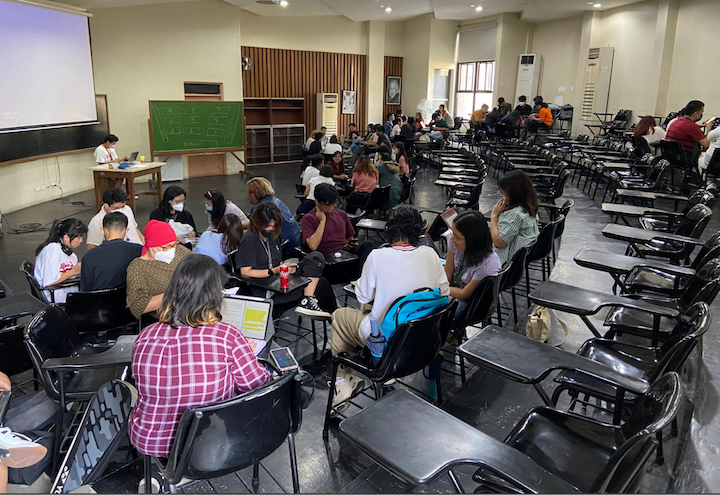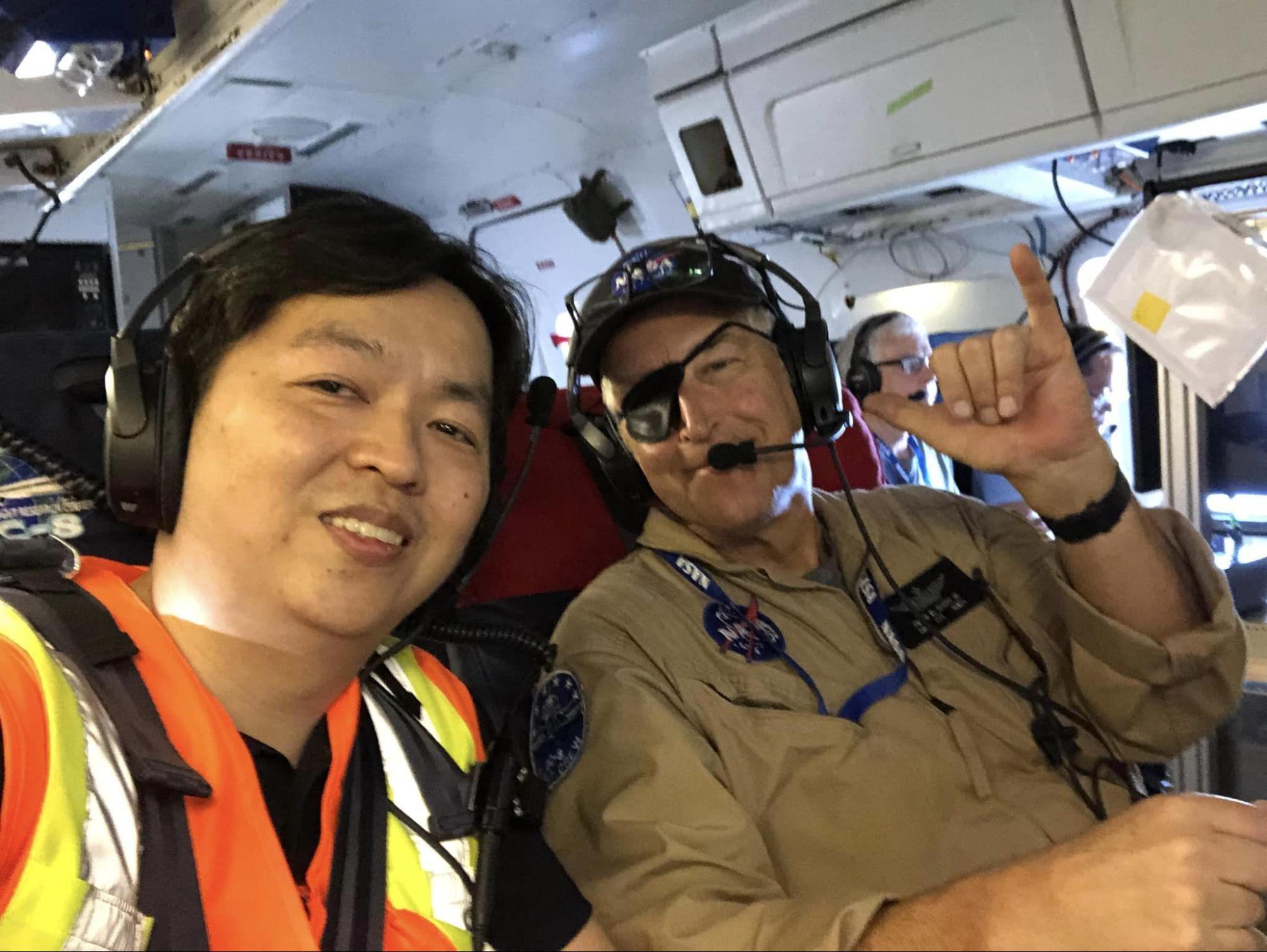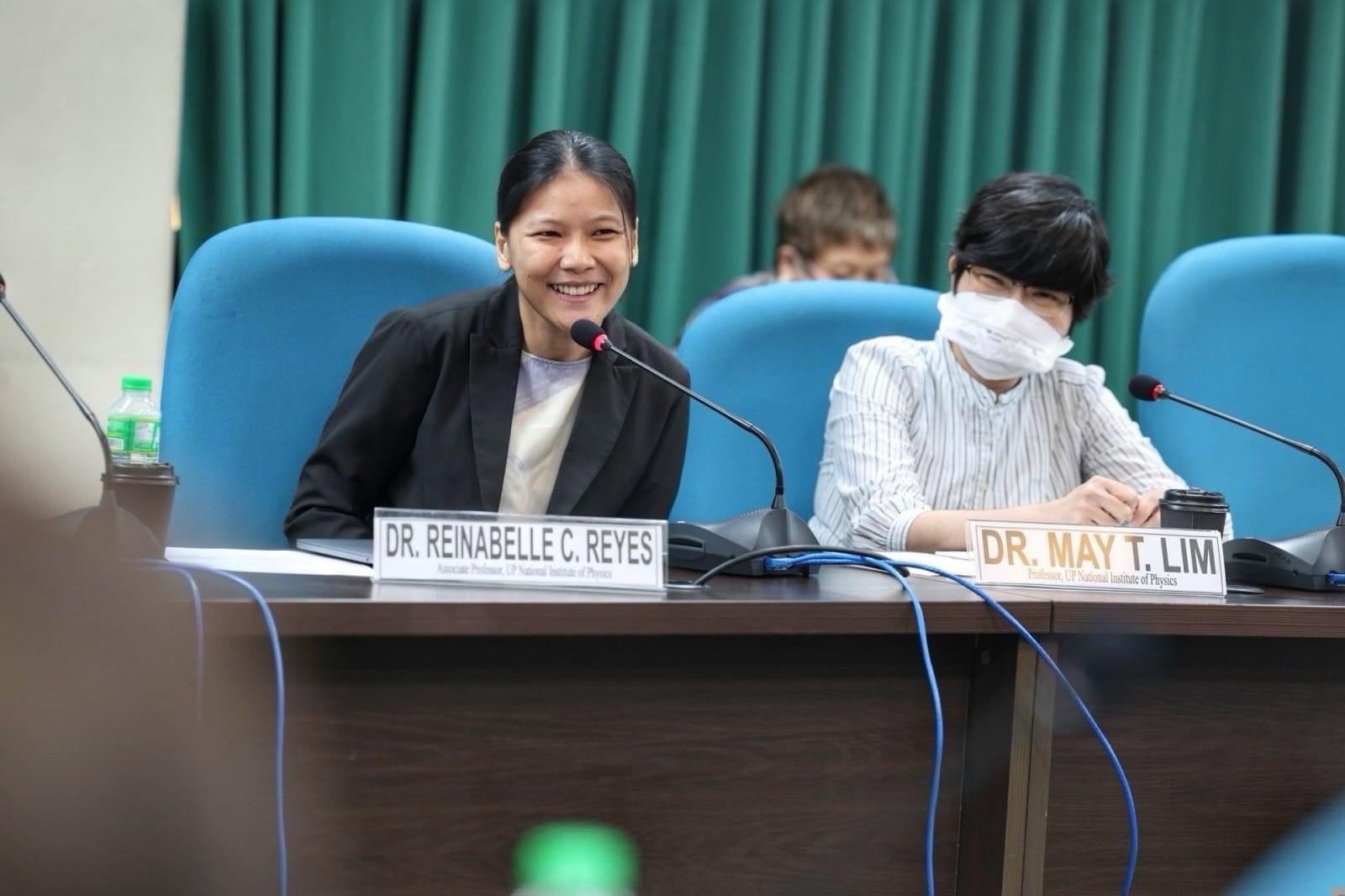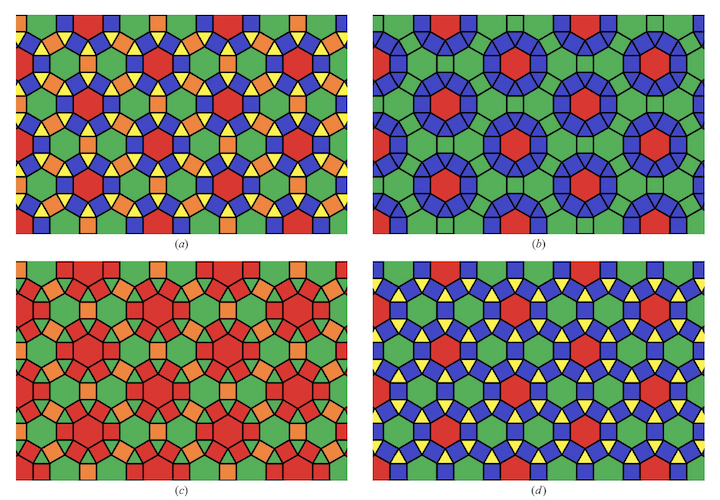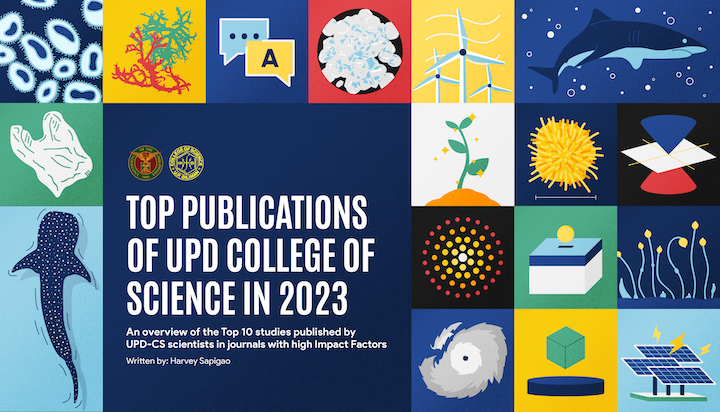News & Events
Tight academic calendar schedules, ineffective reading breaks, and slow responses to mental health needs are among the pleas of CS students in the student-led CS-wide consultation held at the National Institute of Physics Auditorium on February 12, 2024
Dr. Gerry Bagtasa of the UP Diliman College of Science – Institute of Environmental Science and Meteorology (UPD – CS IESM) took flight with NASA last Sunday, February 11, 2024, as
Dr. Reinabelle Reyes and Dr. May Lim of the UP Diliman National Institute of Physics (UPD-CS NIP) presented their research on transport network efficiency at the recent
The Office of Associate Dean for Student, Alumni and Public Affairs (OADSAPA) of the College of Science is looking for two (2) Student Assistants.
Imagine yourself standing on a concrete floor. Your goal is to completely cover the floor with red and blue square tiles, but in a way that follows three rules
In 2023, about 1 in 20 studies produced by the Philippines came from the UP Diliman College of Science (UPD-CS). With a total of 368 studies across all

